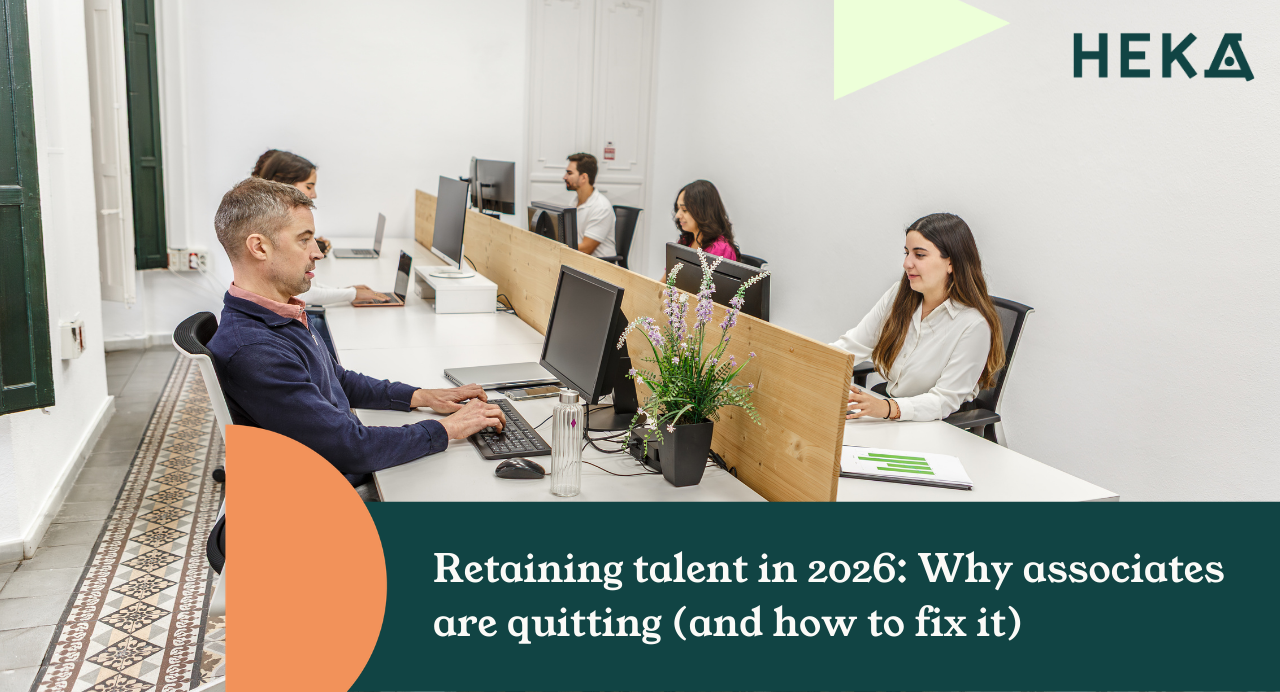A quick summary:
- A raging cost of living crisis in a post-pandemic world 🌎
- What is a salary review and why doesn't it work alone? ❌
- The solution to salary secrecy in the workplace💰
Salaries are funny things – we all have one, yet nobody really knows anything about friends, colleagues and in some cases our partner's salary. And that isn’t necessarily a bad thing.
However, here in the UK our attitude and culture towards money, in general, is very complicated. For most Brits, they would sooner talk about politics or religion than financial matters.
As a recession looms ever larger over the UK economy, we’re taking a look at “salary secrecy”, a term coined for the lack of discussion and honesty around wages, salary differences and more.
Similar read: 5 ideas to get your employees to stick around longer

The cost of living crisis rages on in a post-pandemic world
Although COVID-19 hasn’t entirely disappeared, the world has returned to a normal that we are more familiar with – but 2022 isn’t without its own fears and worries. Over the past couple of months, the cost of living has soared higher and higher.
In fact, just recently a story went viral showing a 1KG of Lurpak to be priced at £9.35. People took to social media to express their utter shock at the price of the spreadable butter – calling it an outrage when comparing it to the current minimum wage in the UK.
It isn’t just foods, however, with UK fuel prices also hitting new record highs. To put it simply, affordability appears to be on the decline and financial worries up. In some cases, employees are looking for higher-paying jobs to accommodate the increased cost of living. And although many thought the Great Resignation was over, it quite clearly isn’t the case.
In a study of 4,000+ employees conducted by Willis Towers Watson in January 2022, it found the following to be true:
- 36% admitted living month to month without any spare cash for emergencies
- 26% said they are struggling with their financial situation
- 63% living month to month suffer from anxiety or depression
- 27% living payday to payday said they also suffer from loneliness
The statistics above paint a clear picture of just how much the cost of living crisis continues to rage on throughout the UK. They demonstrate how they are able to impact employees both in and outside the workplace. Moving on, what is a salary review, and what's the problem with salary reviews? How do they discourage openness and protect the idea of salary secrecy?

What is a salary review?
In most companies, employee salaries are viewed annually. This takes place between both managers and employees to discuss what they’re currently being paid, and how that should change in the near future. Although it doesn’t necessarily mean an employee is going to receive an extremely high increase, it should rise to keep bit by bit each year.
It also gives employees the chance to discuss higher paying salaries, should they feel as though they aren’t being paid enough. When going through a recession, it’s highly unlikely employees will receive large pay rises, as employers aim to cut back on spending and save money.
Ultimately, salary increases are to ensure everyone is on the same page about their salary. It doesn’t mean that employees can’t bring up the idea of a salary increase throughout the rest of the year, it’s just to touch bases on the subject each year.
So, what’s the problem with a salary review?
Now that we’ve discussed exactly what a salary review means in the workplace, why can it be a problem? Salary reviews alone do very little in the grand scheme of things. These once-a-year conversations are the only point of discussion when it comes to money and finances.
Money is taboo in the UK, especially in the workplace, where neither employee nor employer encourages it as a topic of discussion. That’s not to the blame of employers, however, as it is more of a general attitude and cultural characteristic in Britain. Yet, as the UK economy faces a recession and the cost of living causes millions to choose whether to “eat or heat”, more must be done!
According to a survey of 2,000 Brits by TotallyMoney, 92% of respondents said “asking to borrow money” was the most uncomfortable topic. This was closely followed by “someone failing to pay back money they’ve borrowed” at 91% and “having to remind someone to pay back money they’ve borrowed” at 87% – these three are joined by a much longer list.
Let’s now turn our attention to the solution for salary secrecy in the UK. What can leaders do to improve the financial employee wellbeing? Should salaries be transparent?
Similar read: Employee benefits vs pay increase

The solution to salary secrecy in the workplace
As we’ve covered, salary reviews alone cannot improve the lack of discussion or financial wellbeing in the workplace. And in today’s workplace, salary secrecy must be swapped for salary transparency. Leaders have to begin building a culture of health and wellbeing; one that includes financial education, support and more.
There are plenty of tools, resources and platforms for promoting better financial wellbeing for employees. Take Heka for instance, through our platform we empower thousands of people to take control of their health and wellbeing. We have a range of financial wellbeing experiences for users to choose from. This includes 1-2-1 financial coaching with industry-leading partners to discuss all things debt, savings and more.
Financial strain can be detrimental to both our personal and professional lives, and that’s why we continue to add more financial partners to our platform. If you’d like to find out how Heka can support your employees with financial wellbeing, get in touch with our experts today!
It isn’t just Heka though, as platforms like Udemy have an abundance of personal finance courses available. It’s initiatives like this that will build better financial wellbeing into your company culture – and it isn’t just a nice-to-have but an necessity.
It’s a leader’s duty to help employees have better financial literacy, support them with tuition reimbursements or just listen to the financial issues they are going through. A work environment that is open, honest and supportive of employee financial stress will see their workforce healthier and happier in the long-term.
Although employees may not want to share their salary, employers should provide the option to do so. It isn’t entirely about sharing salaries that drives better workplace financial wellbeing. Employees want to feel the freedom to discuss financial matters with colleagues or managers without a sense of taboo or being uncomfortable.
Our advice to leader is to offer more transparency with wages, future salary increases, and general financial matters altogether – because in 2022, employees need to feel heard and supported.






